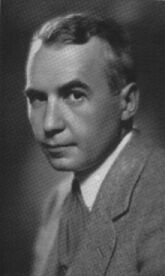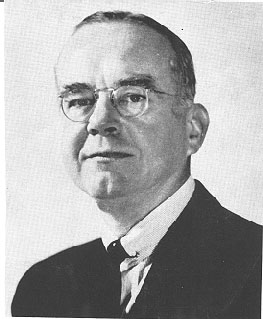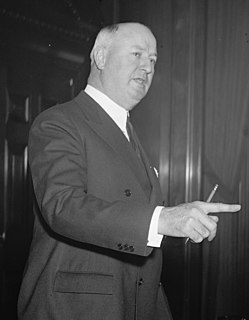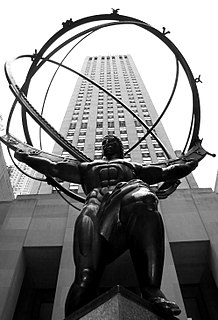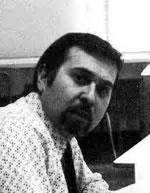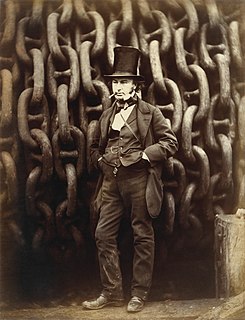A Quote by Madame de Stael
Truth and, by consequence, liberty, will always be the chief power of honest men.
Related Quotes
I have always felt that perhaps women have sometimes almost embraced the same values as men, and the same character as men, because they are in the men's world, and they are trying to fit into a system that men have created. And maybe in truth when there is a critical mass of women who play that role in governments, then we will see whether women can really manage power in a way that is less destructive than the way that men have used power.
Liberty is not a means to a higher political end. It is itself the highest political end...liberty is the only object which benefits all alike, and provokes no sincere opposition...The danger is not that a particular class is unfit to govern. ~ Every class is unfit to govern ... Power tends to corrupt, and absolute power corrupts absolutely. Great men are almost always bad men.
For the first time in history, the rational and the good are fully armed in the battle against evil. Here we finally find the answer to our paradox; now we can understand the nature of the social power held by evil. Ultimately, the evil, the irrational, truly has no power. The evil men’s control of morality is transient; it lives on borrowed time made possible only by the errors of the good. In time, as more honest men grasp the truth, evil’s stranglehold will be easily broken.
In Europe, charters of liberty have been granted by power. America has set the example . . . of charters of power granted by liberty. This revolution in the practice of the world, may, with an honest praise, be pronounced the most triumphant epoch of its history, and the most consoling presage of its happiness.
That is very fine; but it is impossible to make the men perfect; the men will always remain the same as they are now; and no legislation will make a man have more presence of mind, or, I believe, make him more cautious; and besides that, the next time such an accident occurs, the circumstances will be so different, that the instructions given to the men, in consequence of the former accident, will not apply.
Men who are sincere in defending their freedom, will always feel concern at every circumstance which seems to make against them; it is the natural and honest consequence of all affectionate attachments, and the want of it is a vice. But the dejection lasts only for a moment; they soon rise out of it with additional vigor; the glow of hope, courage and fortitude, will, in a little time, supply the place of every inferior passion, and kindle the whole heart into heroism.
Our Founding Fathers well understood that concentrated power is the enemy of liberty and the rights of man. They knew that the American experiment in individual liberty, free enterprise and republican self-government could succeed only if power were widely distributed. And since in any society social and political power flow from economic power, they saw that wealth and property would have to be widely distributed among the people of the country. The truth of this insight is immediately apparent.

